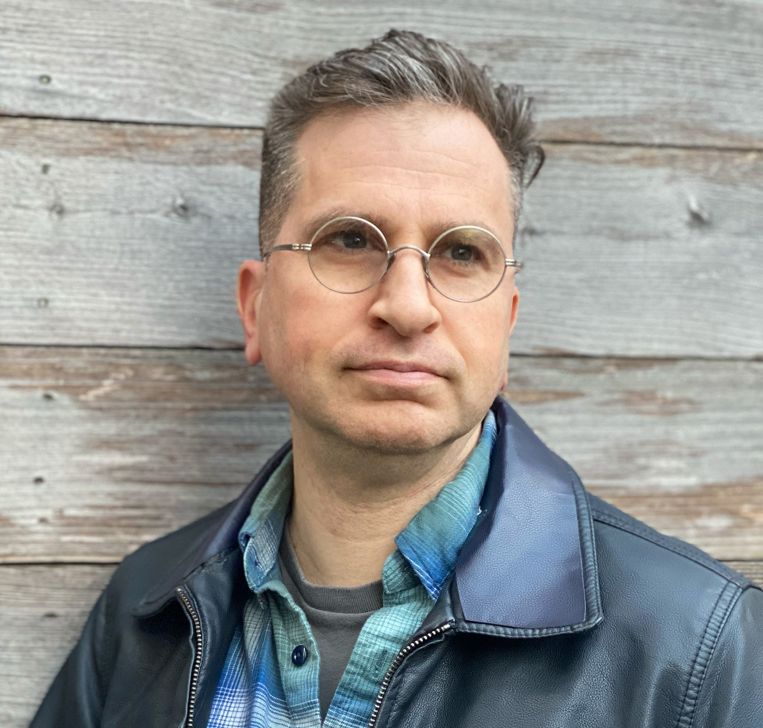Classical, jazz, and traditional Arabic music collide in the works of Karim al-Zand. To hear him tell it, though, the inspiration points come from outside the world of music.
“I usually tell people my music is, with some exceptions, usually inspired by something that’s non-musical,” he says. “That can be any number of things from visual to textual-literary. Some of my pieces are based on paintings of different kinds.”
The vast array of influences on al-Zand's music means a wide range of genres represented in the Houston native’s musical output. Opera, chamber works, art song, solo piano works and more have all been a part of al-Zand's career ever since his studies at McGill University in the mid-1990's. “It’s very striking imagery or maybe the words or something that provokes some sort of musical reaction or the story is rich with characterization and adventure or what have you,” says al-Zand of the nature of his inspirations in the world. “It’s difficult to say, but usually it’s one of those things where you know it when you find it.”
The wide variety of inspirations in al-Zand's life come to play in workshops of his music taking place at the Banff Centre for Arts and Creativity. Singers and instrumentalists have gone to work on an extended song cycle called The Stranger’s Case, which borrows from firsthand accounts of a wide variety of immigrants; a scene from a mini-chamber opera titled A Joint Interest based on the writings of O. Henry; and two other scenes from a larger-scale opera called The Book of Tales which is based on the stories in The Arabian Nights.
Though very different in style, a common thread that persists across these projects is their desire to unify cultures and musical traditions within their respective stories. For al-Zand, this blend is an unconscious product of his musical development, although the stories of immigration and cultural inclusion feel more prescient than usual in the current social climate.
“I feel like, especially with opera and with vocal music... for me, it really has to do with storytelling,” he says of the power that he hopes his stories have to speak to an audience. “Storytelling exists in every culture, and storytelling – and maybe humor as well – is, to me, kind of the best way entry into people’s hearts, into their consciousness rather than polemical kinds of things.”
